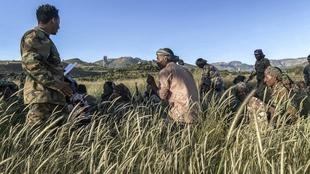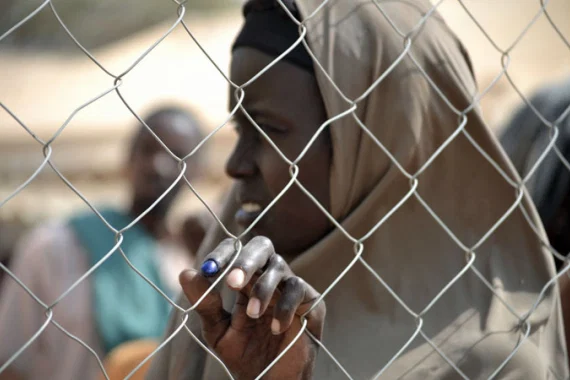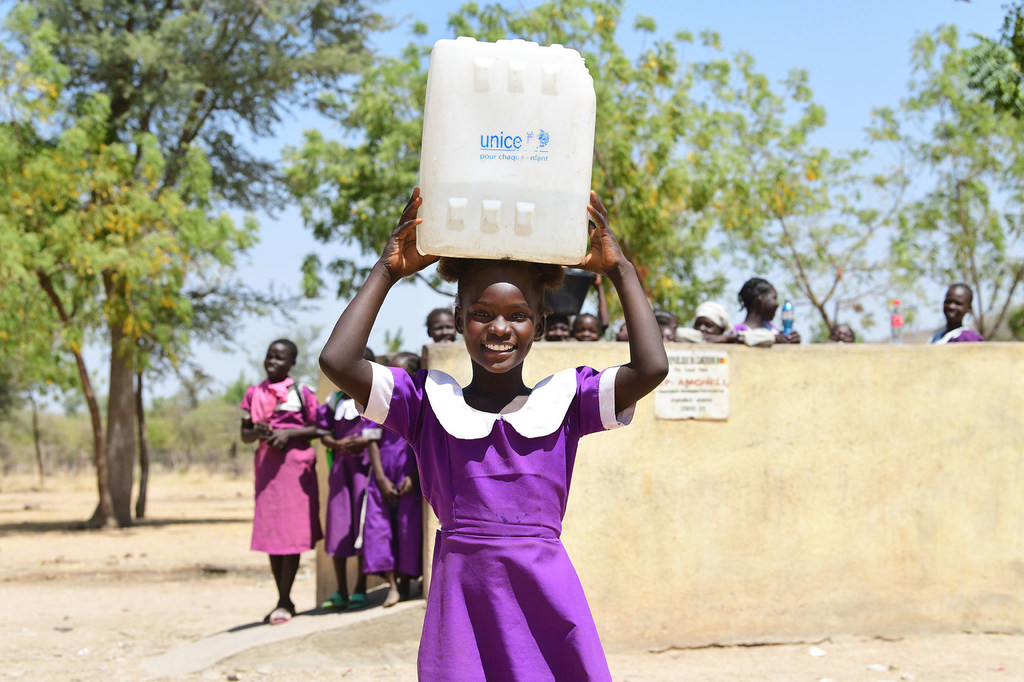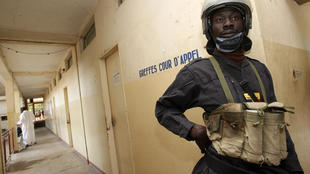Éthiopie: les tensions entre Amhara et Oromo ont fait 300 morts durant le mois de mars

À deux mois des élections législatives et municipales en Éthiopie, les tensions ne faiblissent pas. Au mois de mars, des affrontements entre Amhara et Oromo, les deux principaux groupes ethniques du pays, ont fait plus de 300 morts, selon les chiffres d’un responsable fédéral.
Ces violences ont touché deux zones de la région Amhara North Shewa et le nord du pays. C’est l’agression d’un imam devant une mosquée dans la zone spéciale d’Oromo qui aurait déclenché ces affrontements inter communautaires, d’après un responsable local, Endale Haile, le médiateur en chef de l’Éthiopie.
Des affrontements aggravés par l’instabilité politique explique Eloi Ficquet, chercheur à l’école des hautes études en sciences sociales : « Ce qu’on observe c’est une forme de désagrégation de l’autorité avec un peu partout dans le pays un regain de tension, dans un contexte de préparation des élections qui auraient dû avoir lieu l’an dernier, qui ont été reportées, avec un pouvoir dont on se demande s’il est impuissant à réguler ces tensions. Du coup ce sont les passions, les jalousies locales, les clivages religieux, culturels qui s’expriment de la façon la plus colérique alors que c’est une société où les dispositifs de résolution de conflit, de négociation, de rééquilibrage des pouvoirs existent, mais actuellement ils semblent assez défaillants. »






